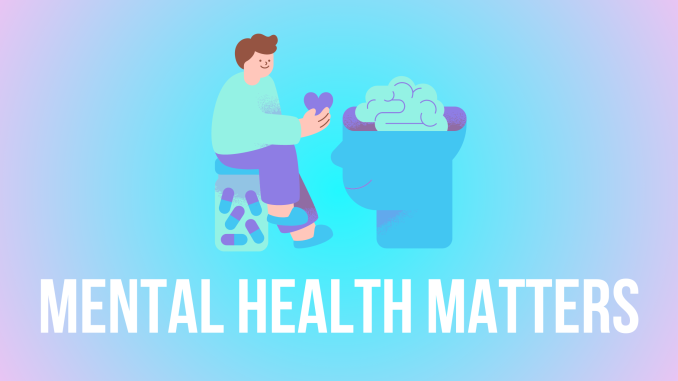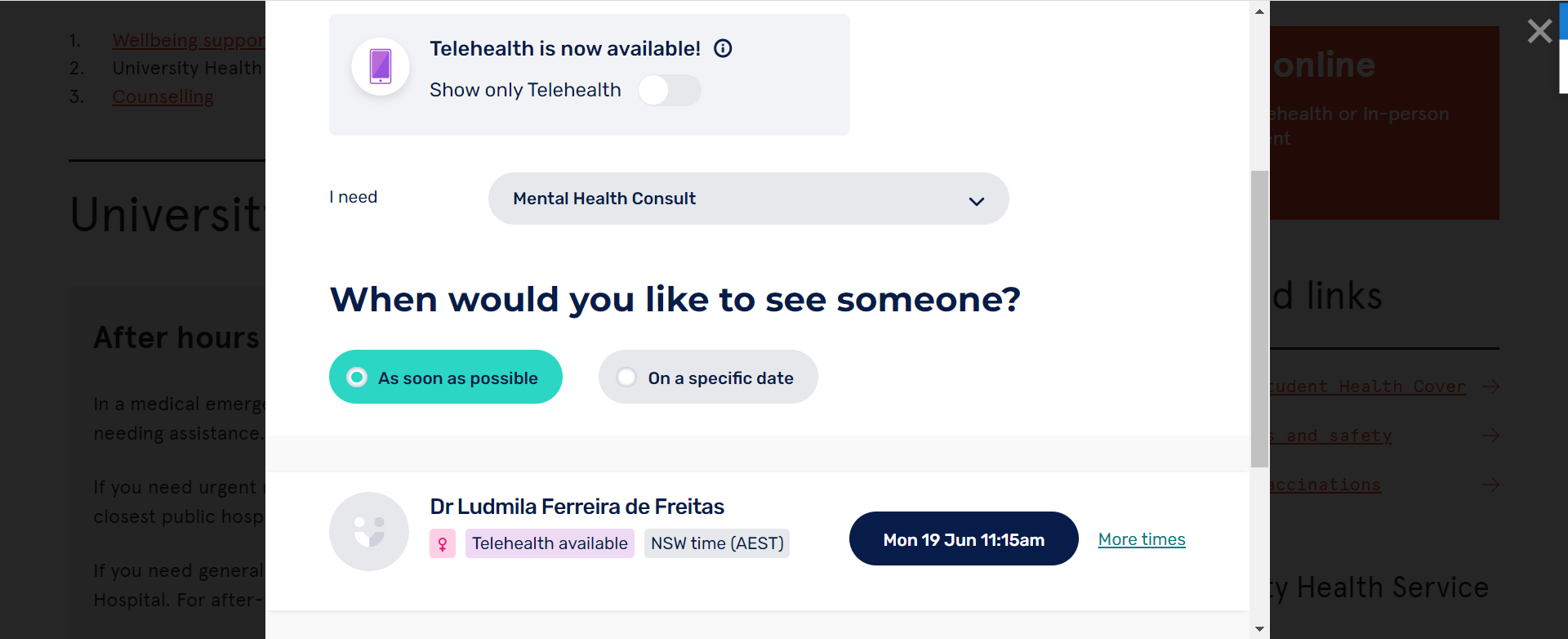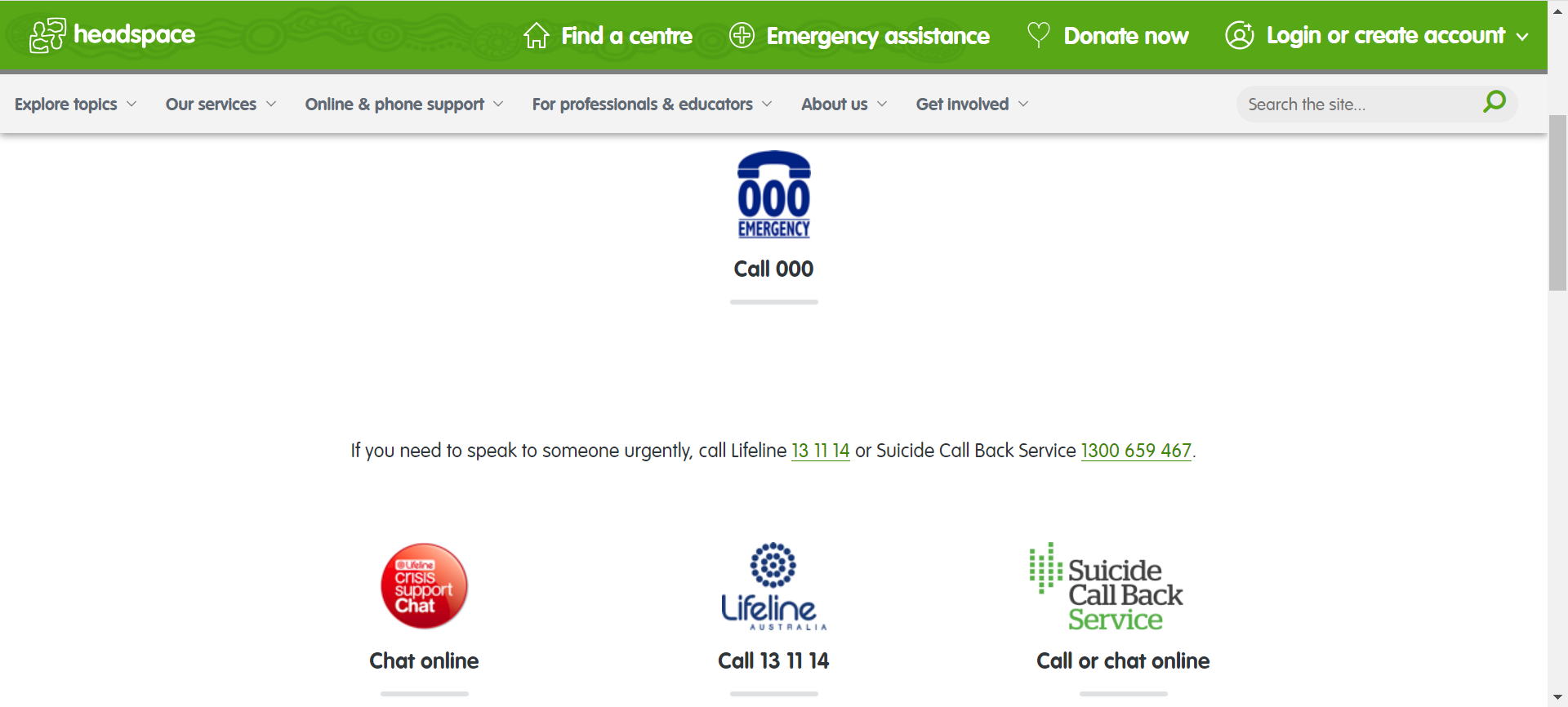
Stephen stated quickly that it was his second appointment with the psychiatrist, revealing that during his initial visit, he had been given medication for anxiety and depression, which he took for two weeks before completing the course.
In the bustling halls of the University of Sydney, Stephen, a diligent junior student, grapples with the challenges of moderate anxiety and sleep disorders.
While discussing his journey, he carefully reveals a small, pink pill held in his palm, confessing, “I still possess a few of my prescribed sleeping pills. However, I exercise caution and only resort to taking one when overwhelming anxiety obstructs my ability to sleep peacefully. I’m determined not to develop an excessive reliance on medication.”

Escalating Mental Health Concerns Among Australian Students
In a concerning trend, it appears that Stephen is not the only Australian student grappling with mental health challenges. The state of student mental well-being has escalated into a pressing social concern, as harrowing statistics bring to light the magnitude of the issue.
According to the latest figures released by the esteemed Australian Institute of Health and Welfare (AIHW) in 2023, the data paints a distressing picture. It reveals that a staggering one in five adults and one in seven young individuals have encountered mental health problems within the past year alone.
Delving deeper into the statistics, it becomes apparent that the rate of urgent admissions to public healthcare facilities for mental health-related concerns, coupled with specialized psychiatric care, is most prevalent among the age group of 18 to 24 years. Specifically, the AIHW’s report highlights a striking rate of 13 admissions per 10,000 population within this demographic.
Furthermore, as the COVID-19 pandemic continues to unfold, college students are facing an escalating crisis that has amplified feelings of anxiety, sadness, and stress. According to a survey by Headspace in 2022, a staggering 25% of Australian university students are grappling with mental health issues.
As Australian society grapples with the increasing complexity of mental health issues faced by students, urgent attention is required to address this burgeoning crisis and provide the necessary support for those in need.
College Students Find it Difficult to Seek Help From Their School Health Service
The reality is far from optimistic. Alex is a master’s student from the University of New South Wales. He has suffered from anxiety disorder due to the heavy workload and financial pressure but did not seek mental health counseling from the school.
Interview 1 with Alex
Alex: I was under a lot of pressure to study and look for jobs to meet my expenses, so I was feeling more stressed and anxious than ever.
Andy: So how do you solve these mental problems?
Alex: I used to seek help from the Health Services Centre. However, I found that the waiting list took a long time. Perhaps I wait for my turn by that time, my mental health issues will have resolved themselves.
Highlighting a concerning issue, he emphasizes the excessive waiting period for appointments at the university’s health services center, suggesting an alternative approach to managing stress.
“Rather than enduring prolonged waiting periods,” he suggests with a smile, “it’s important to explore self-regulation techniques and alleviate mental pressure.”
In a similar vein, Stephen opted not to utilize the mental health counseling service offered by his school. Instead, he independently sought the assistance of a psychologist, citing reasons that differed slightly from Alex’s.

“There’s a severe shortage of counselors available on campus,” Stephen reflected, momentarily pausing, “when I scheduled my appointment, I discovered there were only two of them. I sought help from both, but I didn’t feel they provided sufficient assistance since they couldn’t prescribe medication. As I was eager to regain my emotional well-being promptly, I decided to visit a psychiatrist at the hospital instead.”
Meet Draven, a sophomore hailing from UTS, whose home is a haven for an assortment of medications catering to the battle against mental illness and sleep disorders. As he reminisces about his past, he recounts the haunting memories of his ex-girlfriend’s arduous journey with severe bipolar disorder.
“She would transform into an unrecognizable creature, consumed by irritability and violence during her episodes,” he shares, his voice filled with a mix of empathy and sorrow.
“There were instances when she would unleash her wrath upon the surroundings, shattering objects within our abode, driven by an intense agitation. It pained me deeply to witness her engaging in self-harm as a desperate attempt to cope.”

“Once she got so emotional after a fight with her family that she cut her arm with scissors and she was bleeding a lot,” says Draven, his voice shaking a little, “so I rushed to call an ambulance.”
It was obvious that the girl’s condition was so severe that the school’s mental health professionals were unable to offer her further specialised care. According to Draven, “Our school health centre recommended that she seek more comprehensive and specialised care in a hospital, or even hospitalisation, if necessary.”
Urgent Revamp Needed: Australian University Mental Health Services Call for Improvement
In the tapestry of Australian universities, individual stories emerge, each offering a unique glimpse into the pervasive psychological challenges faced by our young generation. From the halls of various campuses, these accounts shed light on the prevailing prevalence of mental health issues and expose the glaring insufficiency of support services provided by universities.
In a quest for better support, both Alex and Stephen voiced a shared desire when queried about their expectations from the school’s health service centre: “I wish they would employ more staff.”
Alex added more details.
Interview 2 with Alex
I would suggest that the Health Services Centre could recruit more staff or be able to have patients do a set of mental health counseling questionnaires before the start to improve the efficiency of the consultation.
Voicing his concern, Draven emphasizes the need for a more robust and encompassing support system within the school’s health services centre. He advocates for increased assistance to students during unforeseen circumstances, highlighting the importance of comprehensive services to address their diverse needs.
Remember that you are never alone when suffering from a mental condition. There are countless paths that lead to healing that go outside the walls of medical facilities and academic institutions.

Numerous services, including caring non-profit groups and different support networks, are available to provide a hand. Remember that help is available when you need it, it’s distributed across the web of community support. Reach out; you can find comfort and support there, providing a lifeline on the road to recovery.




Be the first to comment